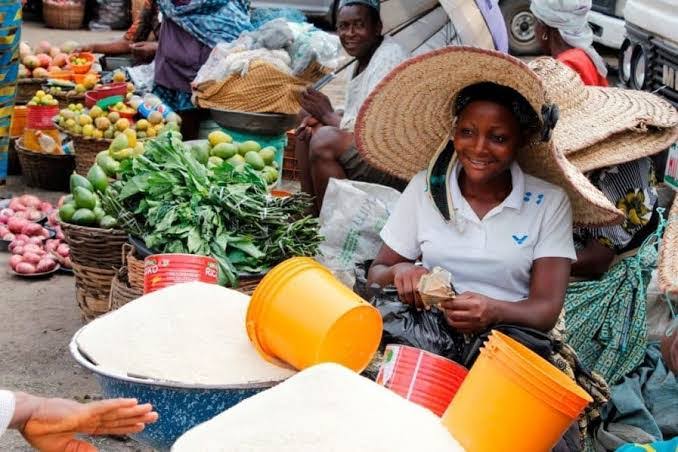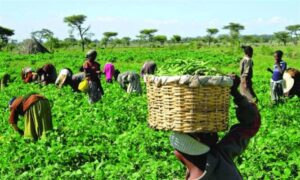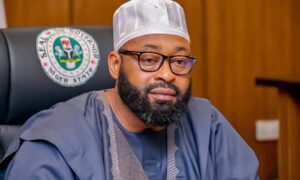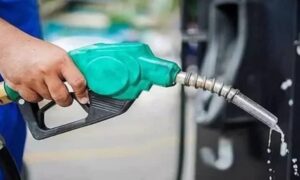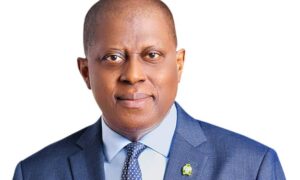BY Bonny Amadi
Nearly half of Nigeria’s population is now living in poverty as inflation continues to outrun the purchasing power of the country’s minimum wage, the World Bank has said.
The World Bank’s May 2025 Nigeria Development Update (NDU), released in Abuja, disclosed that 46 percent of Nigerians, about 107 million people, were living below the international poverty line of $2.15 per day in 2024, even as the country boasts of being Africa’s largest economy.
The report reads: “Successive years of rising inflation and sluggish growth have increased poverty and hardship levels. Since 2018/19, an additional 40 million people fell into poverty, and nearly half of all Nigerians. about 46 percent measured at the international poverty line of US$2.15 based on the 2017 PPP. are estimated to have been living in poverty in 2024.
“Labour incomes have not kept up with inflation, depleting the purchasing power of Nigerians. Poverty has deepened and broadened, especially among urban Nigerians.”
The World Bank report emphasised the disconnect between economic data and lived realities, highlighting that while Nigeria’s GDP may be growing on paper, the wealth is not reaching ordinary citizens.
“From a static perspective, Nigeria’s economy needs to grow to boost incomes and meet aspirations,” the report added.
In one of its most biting remarks, the Bank said Nigeria’s annual GDP per capita stands at a mere 4.4% of Singapore’s and just 30% of Botswana’s, a fellow African country with fewer natural resources but better economic governance.
“If Nigeria’s current annual economic output was equally distributed, this would be sufficient to eliminate poverty, but it would still leave Nigerians far behind the global prosperity frontier,” the Bank noted.
With an estimated population of 232.7 million people and a GDP of N277.5 trillion in 2024, the report calculated that if every Nigerian received an equal share of the economy’s output, each would earn about N100,000 per month, an amount still insufficient to meet basic needs in many urban areas due to spiralling inflation.
The stark figures expose the growing gap between the political elite and everyday Nigerians, especially at a time when top government officials continue to enjoy lavish allowances, bloated convoys, and frequent overseas medical trips.
For instance, last week, a federal lawmaker revealed the staggering amounts of public funds Nigerian lawmakers now receive for so-called “constituency projects.
The lawmaker revealed that significantly more funds have been allocated to so-called ‘constituency projects’—often used to pad budgets—since President Bola Tinubu’s administration removed the fuel subsidy.
He claimed that no Senator in the country currently gets less than N2 billion, while House of Representatives members now pocket a minimum of N1 billion each.
The lawmaker disclosed this at a recent public gathering in Osun State while ad- dressing members of his constituency.
His statement has ignited fresh outrage over the deepening culture of corruption, impunity, and opaque spending in Nigeria’s legislative arm.


